3 Easy Steps to Using a Collaboration Technology Approach
No teacher can do it all.
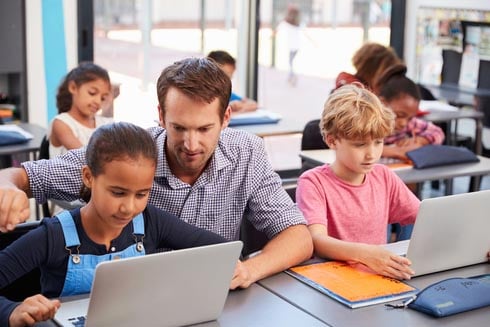 Running a classroom, delivering instruction, and giving timely feedback are huge tasks by themselves. The good news is that responsibility for learning doesn’t have to fall solely on the teacher’s shoulders. This responsibility can be shared with students through collaborative technology. In fact, the outcomes are better if the teacher is willing to adopt collaborative technology in the classroom.
Running a classroom, delivering instruction, and giving timely feedback are huge tasks by themselves. The good news is that responsibility for learning doesn’t have to fall solely on the teacher’s shoulders. This responsibility can be shared with students through collaborative technology. In fact, the outcomes are better if the teacher is willing to adopt collaborative technology in the classroom.
Many teachers have already adopted a collaborative technology approach in their classrooms. They’ve been willing to step away from center stage and let their students take on more responsibility for their learning.
You can bring collaborative technology into your classroom if you are willing to help your students envision, explore, and enrich.
- 0 Comments
- Jul 31, 2020 10:00:00 AM
- Posted by Natalia Galvis
- Topics: Robotics, STEM, Robots,, students, Technology, Edchat, coronavirus, online, distance learning, lessons, collaboration
Science Intervention: Strategies To Help Students Catch Up
Many students struggle in STEM-related subjects: science, technology, engineering, and math. Struggling in science can be disheartening for students, their parents, and their teachers. As students increase in grade level, the emphasis placed on science in the public-school system increases, leaving many students feeling as though they will never catch up. Here, we provide some science intervention strategies to help students reach grade-level standards and accomplish their goals.
 Photo by JESHOOTS.COM on Unsplash
Photo by JESHOOTS.COM on Unsplash
- 0 Comments
- Jul 30, 2020 10:00:00 AM
- Posted by Natalia Galvis
- Topics: Robotics, STEM, Robots,, students, Edchat, coronavirus, online, distance learning, lessons
3 Lessons From Online Learning to Take Back to the Classroom
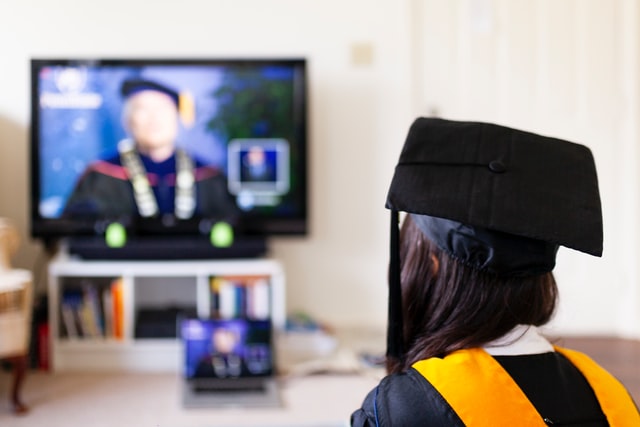 Photo by Mohammad Shahhosseini on Unsplash
Photo by Mohammad Shahhosseini on Unsplash
Remote teaching has brought profound changes. I went through a grieving process for what my classroom once had been and for what it felt like to be in a room with students and interact with them so easily. But as I made my way through that grief, after a month or two I began to find some hope. I realized that there are lots of lessons to be learned from this time of distance learning. When we can be in person again, there are some practices that will carry with me because I discovered they actually work better:
- 0 Comments
- Jul 29, 2020 10:00:00 AM
- Posted by Natalia Galvis
- Topics: Robotics, STEM, Robots,, students, Edchat, coronavirus, online, distance learning, lessons
2 Simple Ways to Improve Online Instruction
Distance learning started as an emergency, but teachers are finding ways to make it better, even for students working on smartphones.
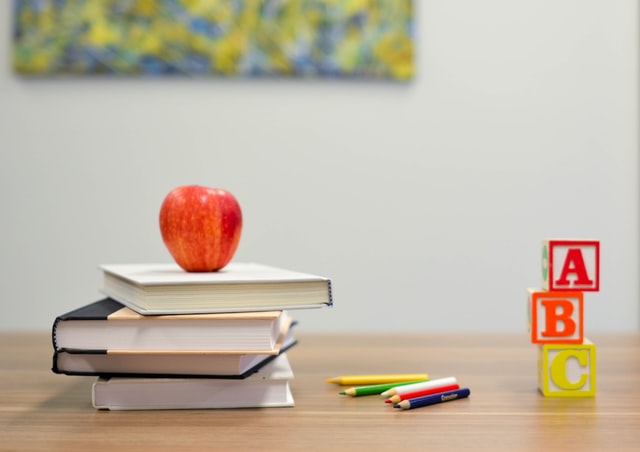 Photo by Element5 Digital on Unsplash
Photo by Element5 Digital on Unsplash
- 0 Comments
- Jul 27, 2020 10:00:00 AM
- Posted by Natalia Galvis
- Topics: Robotics, STEM, Robots,, students, Edchat, coronavirus, online, distance learning, lessons
How Teachers Are Integrating COVID-19 Crisis Into Their Lessons
The coronavirus as a teachable moment? Yes, indeed. Many NEA members are integrating the pandemic into their lesson plans—using students’ natural curiosity about what’s happening in the world around them to deepen their understanding of critical, timely concepts in science, history, journalism, and more.
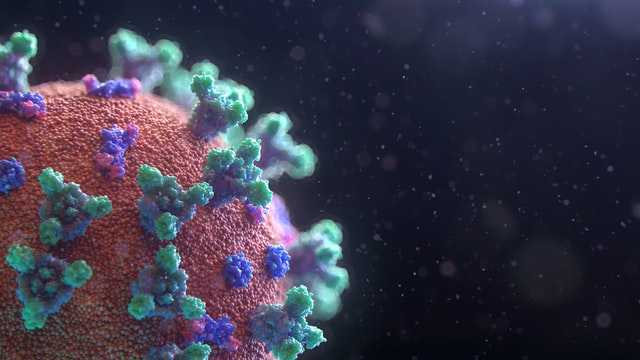 Photo by Fusion Medical Animation on Unsplash
Photo by Fusion Medical Animation on Unsplash
- 0 Comments
- Jul 24, 2020 10:00:00 AM
- Posted by Natalia Galvis
- Topics: Robotics, STEM, Robots,, students, Edchat, coronavirus, online, distance learning, lessons
Digital Instruction During the Pandemic
Teaching virtually comes with its own set of challenges—especially during a pandemic. Use these strategies to focus on specific goals, embrace uncertainty, and keep communication open.

- 0 Comments
- May 21, 2020 10:00:00 AM
- Posted by Natalia Galvis
- Topics: Robotics, EdTech, STEM, Robots,, students, STEMchat, Edchat, coronavirus, remote learning
How Can You Take the Distance Out of Distance Learning?
Distance learning has provided thousands of students the chance to increase their knowledge on a chosen subject in an accessible and flexible way.
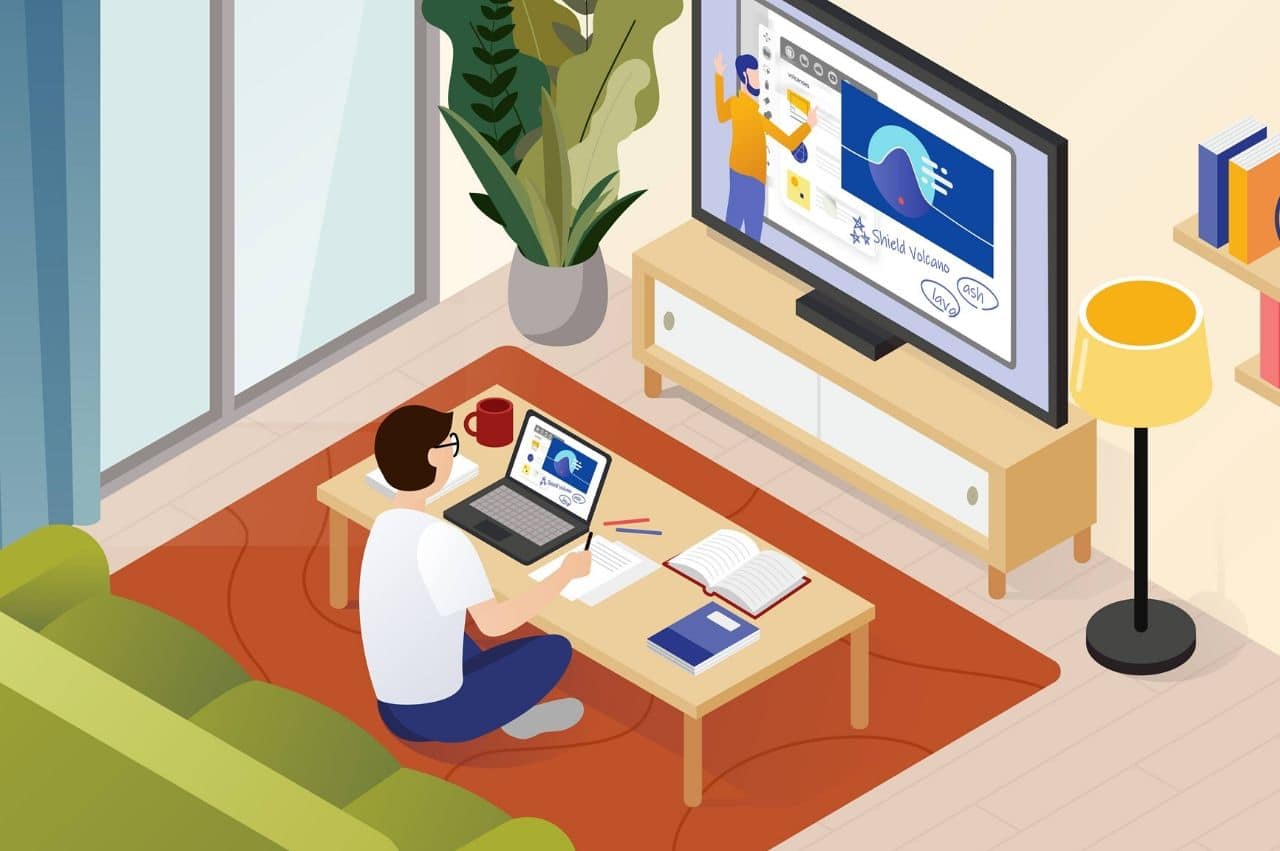
- 0 Comments
- May 20, 2020 10:00:00 AM
- Posted by Natalia Galvis
- Topics: Robotics, EdTech, STEM, Robots,, students, STEMchat, Edchat, coronavirus, remote learning
Your New Support Center for the Robots Pepper and NAO is Online!
Despite the COVID-19, Softbank Robotics Customer Support and Repair services for the robots Pepper and NAO are still open and operational. All your requests will be processed.

- 0 Comments
- May 19, 2020 2:30:00 PM
- Posted by Natalia Galvis
- Topics: Robotics, EdTech, STEM, Robots,, students, STEMchat, Edchat, coronavirus, remote learning
Innovative Ways to Make Coronavirus a Teachable Moment
When the world feels dangerous, harnessing learning can provide some measure of clarity and perspective.

- 0 Comments
- May 18, 2020 10:00:00 AM
- Posted by Natalia Galvis
- Topics: Robotics, EdTech, STEM, Robots,, students, STEMchat, Edchat, coronavirus, remote learning
How Playtime with STEM Toys Makes Kids Smart
Kids need plenty of playtime. It makes them smart. Unstructured playtime also strengthens neurological development. Children become more well-rounded and adjusted when they’ve been encouraged to pursue fun activities on their own. It’s the thrill of exploration and having a creative license to do whatever they want that produces healthy children.
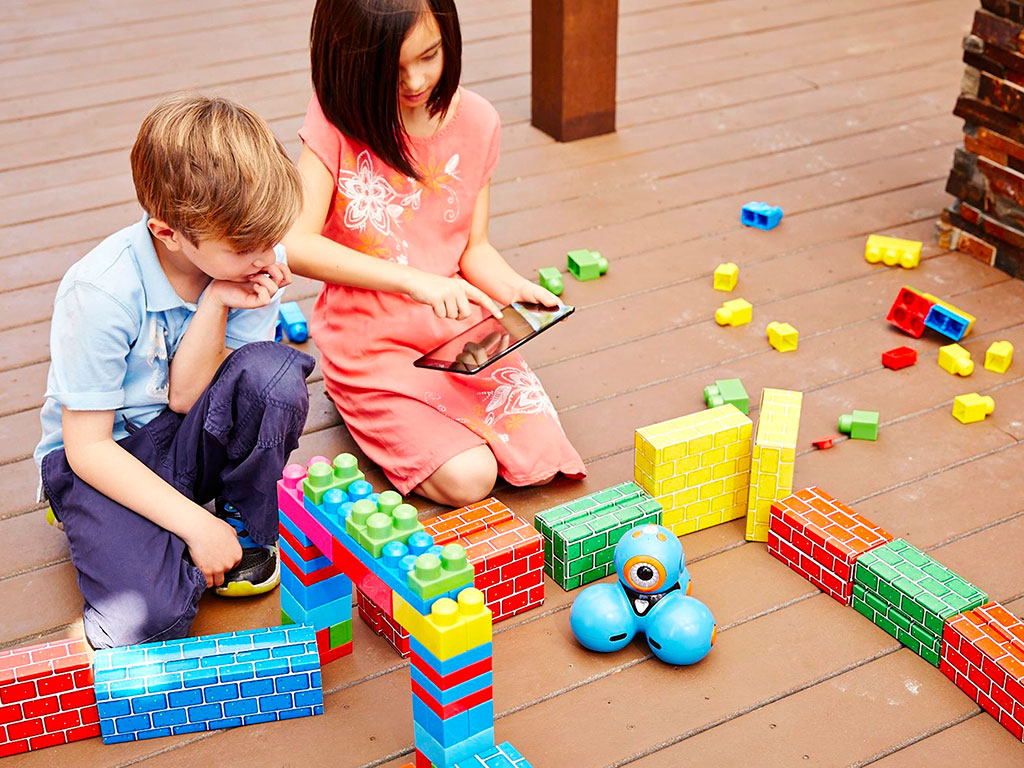
- 0 Comments
- May 15, 2020 10:00:00 AM
- Posted by Natalia Galvis
- Topics: Robotics, EdTech, STEM, Robots,, students, STEMchat, Edchat, coronavirus, remote learning
Relevant Posts
Popular Posts
Subscribe to Email Updates
-
I Want To Learn MoreADDITIONAL INFORMATION


